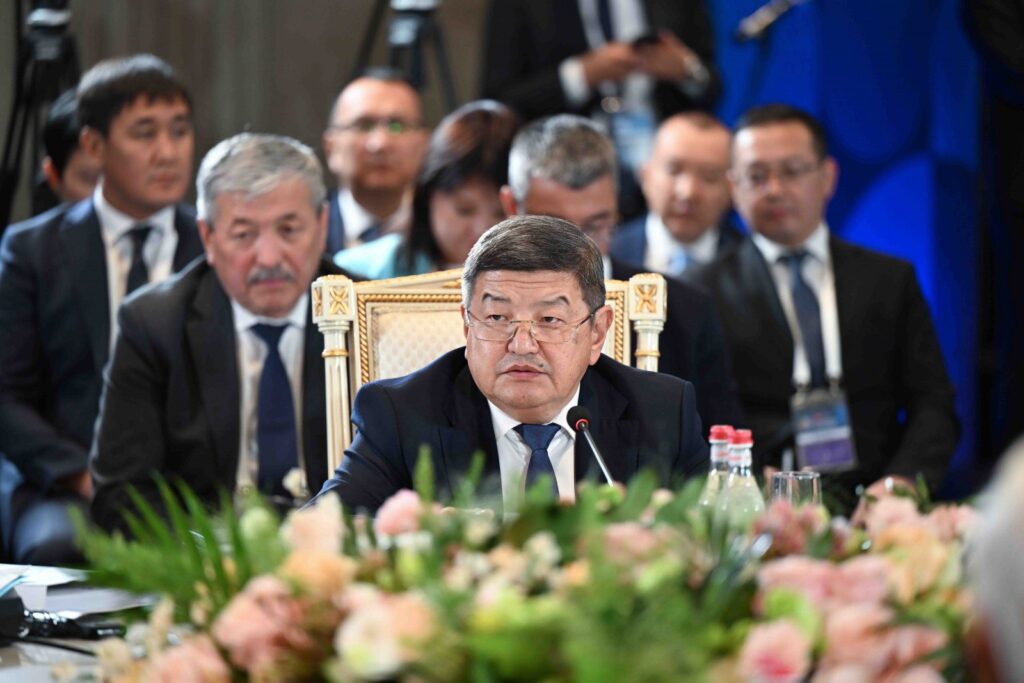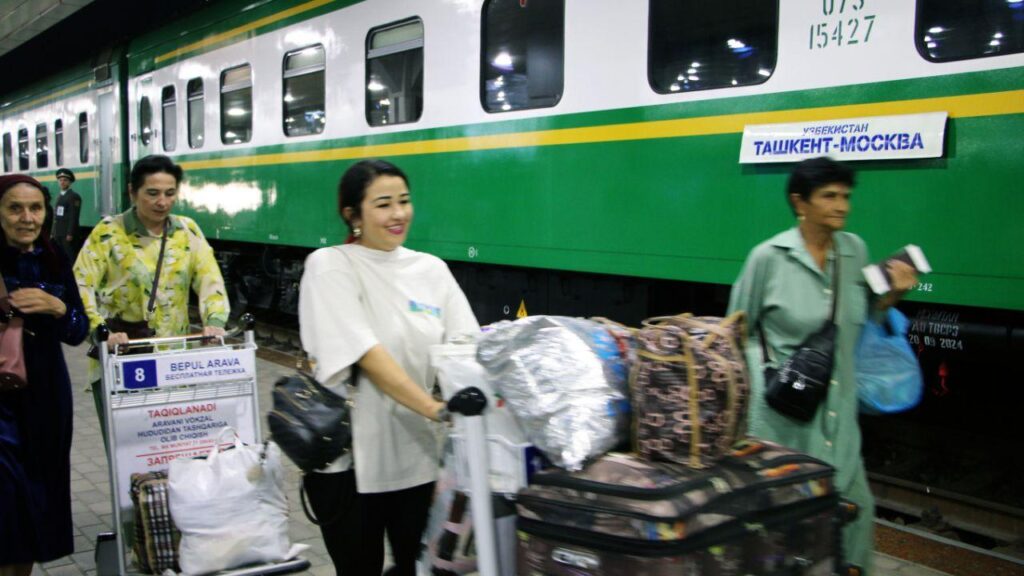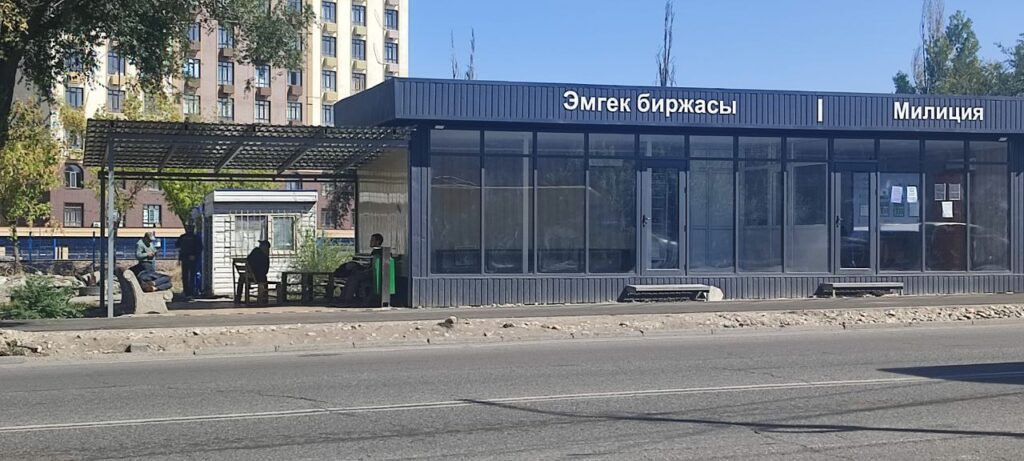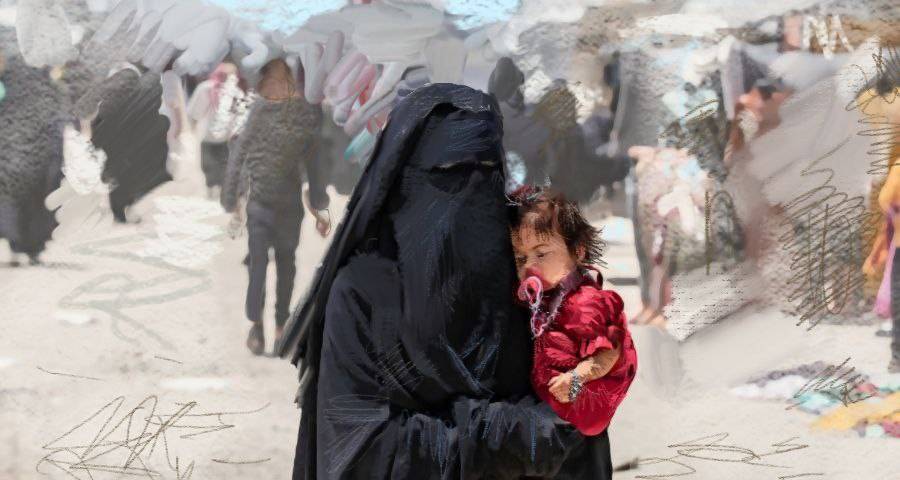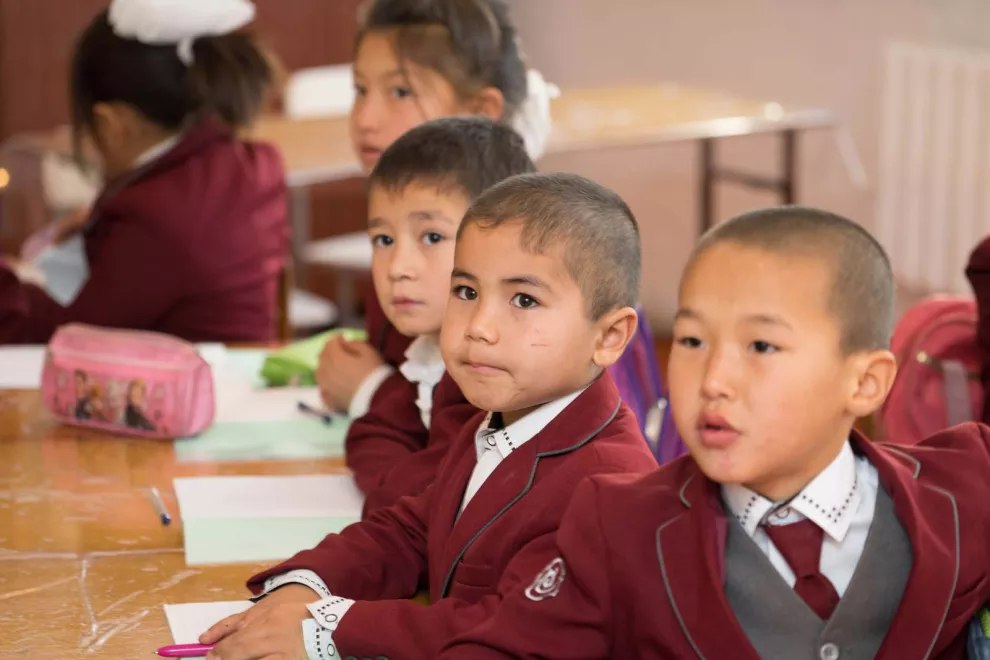Kyrgyz Prime Minister: Labor Migrants From EAEU Should Not Be Discriminated Against on Territory of the Union
Speaking at a meeting of the Eurasian Intergovernmental Council in Yerevan, Kyrgyz Prime Minister Akylbek Japarov said that tightening migration laws should not apply to citizens from EAEU countries. According to Akylbek Japarov, increasing trade between EAEU countries and developing cooperative ties is the basis for sustainable economic growth. However, the main participants in any integration are people, so the attitude toward the citizens of the EAEU countries in any state of the Union should be the same. “Such a level of integration has been reached, when business and citizens of member states understand and deeply believe in the unity of the economic union (EAEU), and respectively require the same attitude to themselves being on the territory of any of the EAEU countries,” said the head of the Cabinet. Therefore, according to Japarov, the leadership of the EAEU countries should pay special attention when tightening migration legislation and adjust their attitudes toward migrants from union countries. Following the terrorist attack on the Crocus City Hall near Moscow, the Russian authorities significantly tightened migration legislation. Thousands of citizens, mainly from Tajikistan and Uzbekistan, were subjected to forced deportation. The restrictions also affected Kyrgyz citizens, although the country is a member of the EAEU. “We proceed from the fact that legislative initiatives should not contradict the norms of the EAEU treaty; that is, they should not apply to our working citizens and members of their families. Both in the documents initiated by state structures and in the public space, it is necessary to separate the rights of citizens of the EAEU countries from those of countries that are not part of it,” Japarov emphasized. According to official data, about half a million Kyrgyz citizens work in Russia. The unofficial figure may be two or three times higher.
